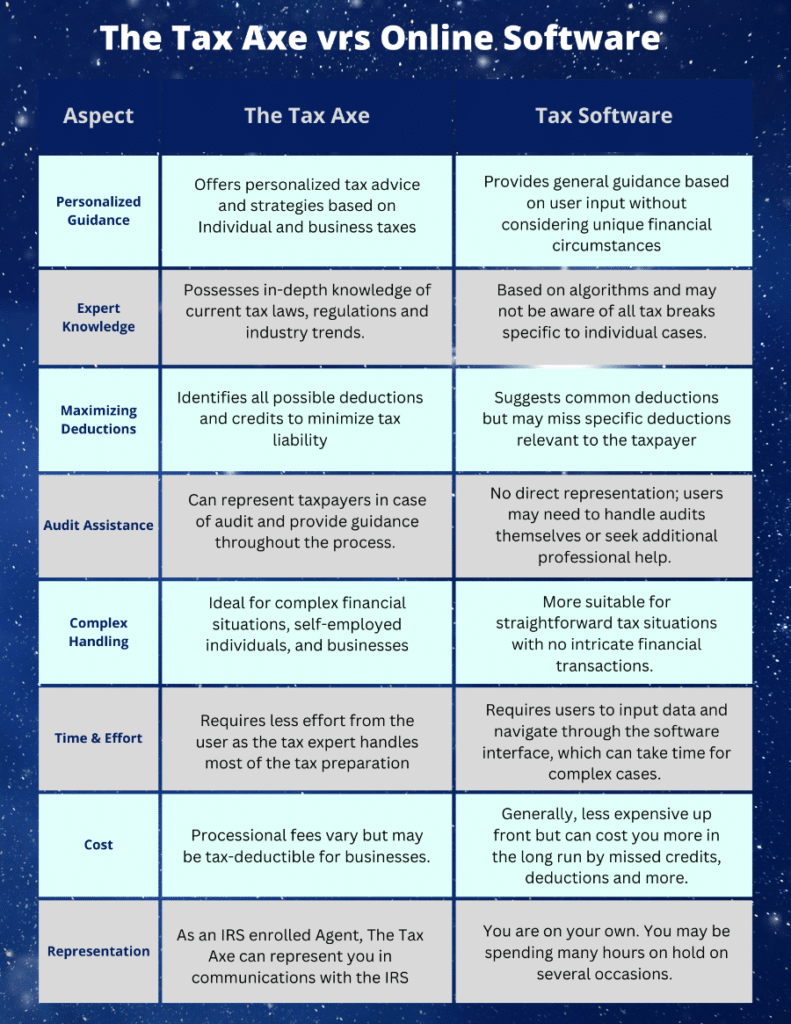What You Need to Know About Debt Forgiveness, Home Loss, and Taxes
Whether you’re relocating due to financial stress or simply moving into a neighborhood with a high number of foreclosures or short sales, it’s important to understand how these situations can affect your taxes.
Short sales and foreclosures are more than just real estate terms—they carry significant tax consequences that can easily catch homeowners off guard. Here’s what to keep in mind if you’re navigating a move that involves either scenario.
What Is a Short Sale?
A short sale occurs when a home is sold for less than what the homeowner owes on the mortgage—and the lender agrees to accept the lower amount. While this can help you avoid foreclosure, it may also trigger taxable income through something called debt forgiveness.
Tax Alert:
If the lender forgives part of your mortgage debt, the IRS may treat that canceled amount as income, which could increase your tax bill.
What About Foreclosure?
In a foreclosure, your lender takes back the home due to missed payments. Like a short sale, this often involves the lender forgiving a portion of the unpaid debt. That forgiven balance can also be considered taxable income.
In either case, the IRS may send you a Form 1099-C (Cancellation of Debt) to report the amount of debt that was canceled. You’ll need to include that on your tax return—unless you qualify for an exception or exclusion.
Are There Any Tax Breaks or Exceptions?
Yes. The IRS has provided some relief in recent years, especially under the Mortgage Forgiveness Debt Relief Act, which was extended through 2025 in certain cases.
You may be able to exclude canceled mortgage debt from your taxable income if:
-
The home was your primary residence
-
The loan was used to buy, build, or improve the home
-
The forgiven amount was due to financial hardship
However, these rules can be tricky—and they don’t apply in every case. That’s why personalized tax advice is essential.
Moving Into a Foreclosure-Prone Area: Does It Affect You?
If you’re buying a home in an area with many foreclosures or short sales, the tax implications are a bit different. You may benefit from lower home prices or even qualify for state or federal tax incentives in revitalization zones. However, there are a few things to keep in mind:
-
Property taxes in these areas may be reassessed or subject to local tax changes
-
Future home values may fluctuate more than average, which could affect capital gains when you sell
-
If you’re purchasing a previously foreclosed home, ensure you understand how the transaction was structured (e.g., lender-owned or through auction)
Bottom Line
Whether you’re the one selling a home through a short sale, facing foreclosure, or simply moving into a neighborhood impacted by them, understanding the tax consequences ahead of time is crucial.
Canceled debt isn’t always taxable—but in the eyes of the IRS, it often is. Don’t assume you’re in the clear just because the lender said the deal was settled. You might still owe taxes.
If you’ve experienced a short sale, foreclosure, or are planning a move and unsure what it means for your taxes—we can help.
📞 Let’s talk taxes:
https://ilovedoingtaxes.net/schedule-now/
📱 Or call (678) 675-4268


